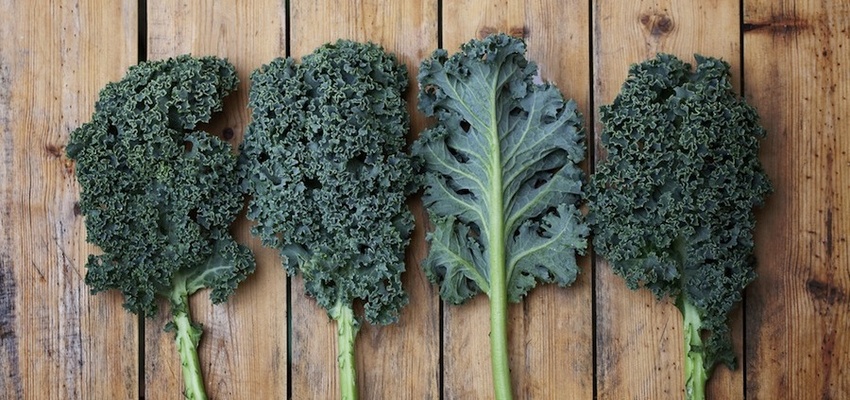Feature originally in the Independent.
When Ioan Marc Jones took up the challenge of going vegan for the month of January, little did he realise that he was embarking on a journey of painful enlightenment…
This New Year, like every New Year, I set myself three resolutions that I planned to fail in. It’s a Monday, I’m sipping beer – despite my vow to end weekday drinking – and I’m on my fifth cigarette – failing my now annual pledge to quit smoking. I succeeded in failing my first two resolutions with aplomb.
My third resolution, however, has proved more challenging. My girlfriend suggested I take part in “Veganuary”. Partly to appease her and partly to prove her plant-based moral crusade wasn’t such a great sacrifice, I accepted the challenge.
To prepare myself for this culinary adventure, I read several books debating the merits of veganism. I thought that if I was to give up meat for an entire month, I might as well learn a little in the process. I also assumed that these books would provide me with counter-arguments that I could use to deflect my girlfriend’s constant vegan proselytising. It appears that three core issues dominate the debate: animal suffering; the ecological detriment of raising livestock; and the nutritional advantages of a plant-based diet.
I was generally aware of the animal-suffering aspect, but I tend to repress this awareness to maintain the illusion of an ethical lifestyle. It’s difficult to uphold this charade, however, when faced with the extent of factory farming in cold, hard statistics. According to the Humane Slaughter Society, for example, about 2.6 million cattle, 10 million pigs, 14.5 million sheep, 80 million fish and 950 million birds are slaughtered each year for human consumption in the UK.
One can brush off these statistics on the assumption that the killing is somehow humane. The literature, of course, doesn’t simply cite statistics. In sanguineous detail, every book preaching the merits of veganism inexorably describes the caging of poultry, the failed stunning and throat-slashing of pigs and the yearly mass killing of turkeys. The authors recite these stories in explicit detail. They are supposed to disgust the innocent reader. They are successful.
Despite reading the statistics – buttressed by these gruesome stories – I was convinced that, upon entering my second home, the local kebab shop, I could retreat to my previous state of cognitive repression and return to carnivorous glory. Then I suffered another blow: I learnt about the environmental impact of modern agriculture.
Like most people, I’m environmentally conscious – which basically means I watched An Inconvenient Truth – yet I was unaware of the devastating ecological impact of cultivating livestock. A 2006 report by the Food and Agricultural Organisation suggested, for example, that livestock was accountable for 18 per cent of greenhouse emissions – more than all forms of transport put together; the burning of fuel for fertiliser, the transportation of animals and the clearing of vegetation for grazing were responsible for nine per cent of all carbon dioxide emissions; and the flatulence and excretion of livestock caused one third of all methane emissions, which warms the world 20 times faster than carbon dioxide.
o now I was not only confronted by the slaughter of really cute animals – books and documentaries always choose images of adorable piglets and chicks – but I had to deal with the prospect of environmental catastrophe. As the month of Veganuary – or January, to my wiser, meat-eating brethren – toiled slowly on, the merits of veganism became difficult to ignore. It was frustrating.
There was, perhaps, a saving grace. Despite reading of the nutritional benefits of veganism, I hoped it would destroy me physically. I could therefore justify eating meat on the basis of my personal wellbeing. Unfortunately, as the month wore on, I didn’t feel sick or fatigued, and I didn’t suffer a digestive malfunction. Annoyingly, I actually felt better. I was out of excuses. I had to accept my plant-based fate.
To those people who love meat the way I love meat, I offer some advice: refrain from accepting the Veganuary challenge, or any similar campaign. It might just work.
The point of Veganuary is to raise awareness and educate the masses about the merits of veganism. I am now aware, I am now educated and I regret the whole ordeal. I’m sure I will eventually learn to embrace my new life. One day, I may even feel grateful to the lovely folks running Veganuary.
For now, however, I’m simply going to attempt to enjoy the ostensibly endless supply of kale and focus on learning the correct pronunciation of “quinoa”.




















